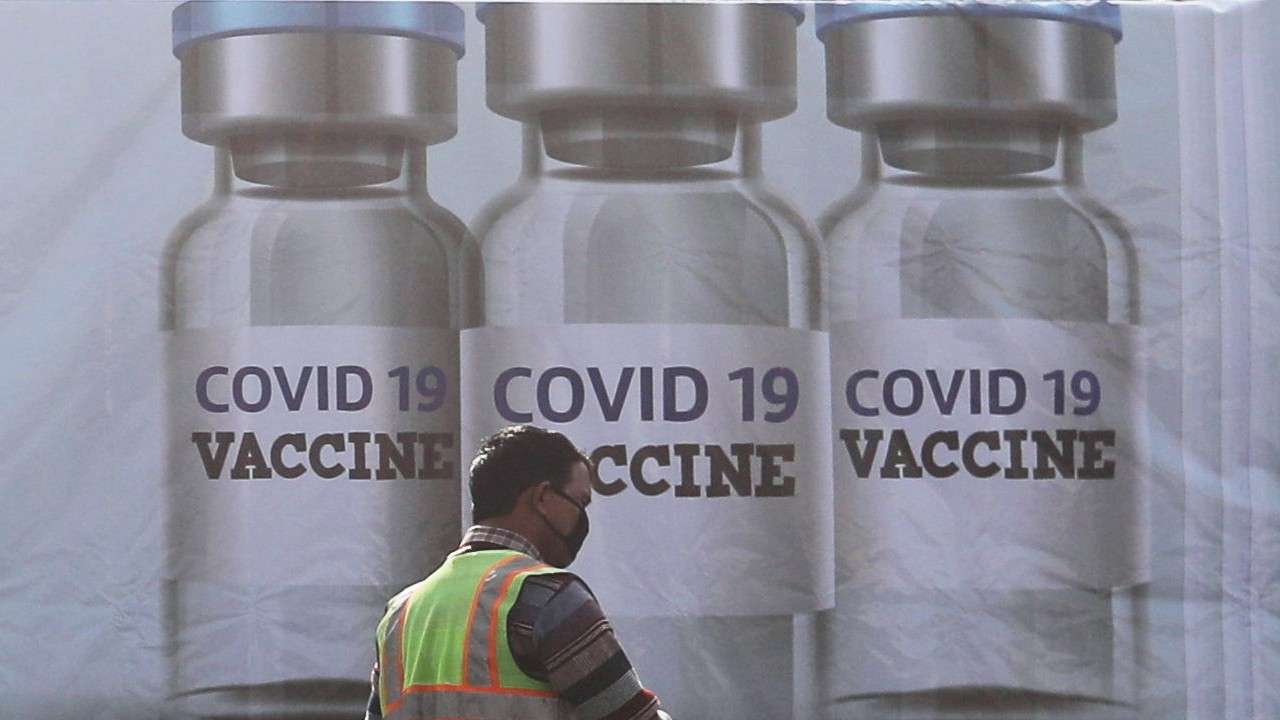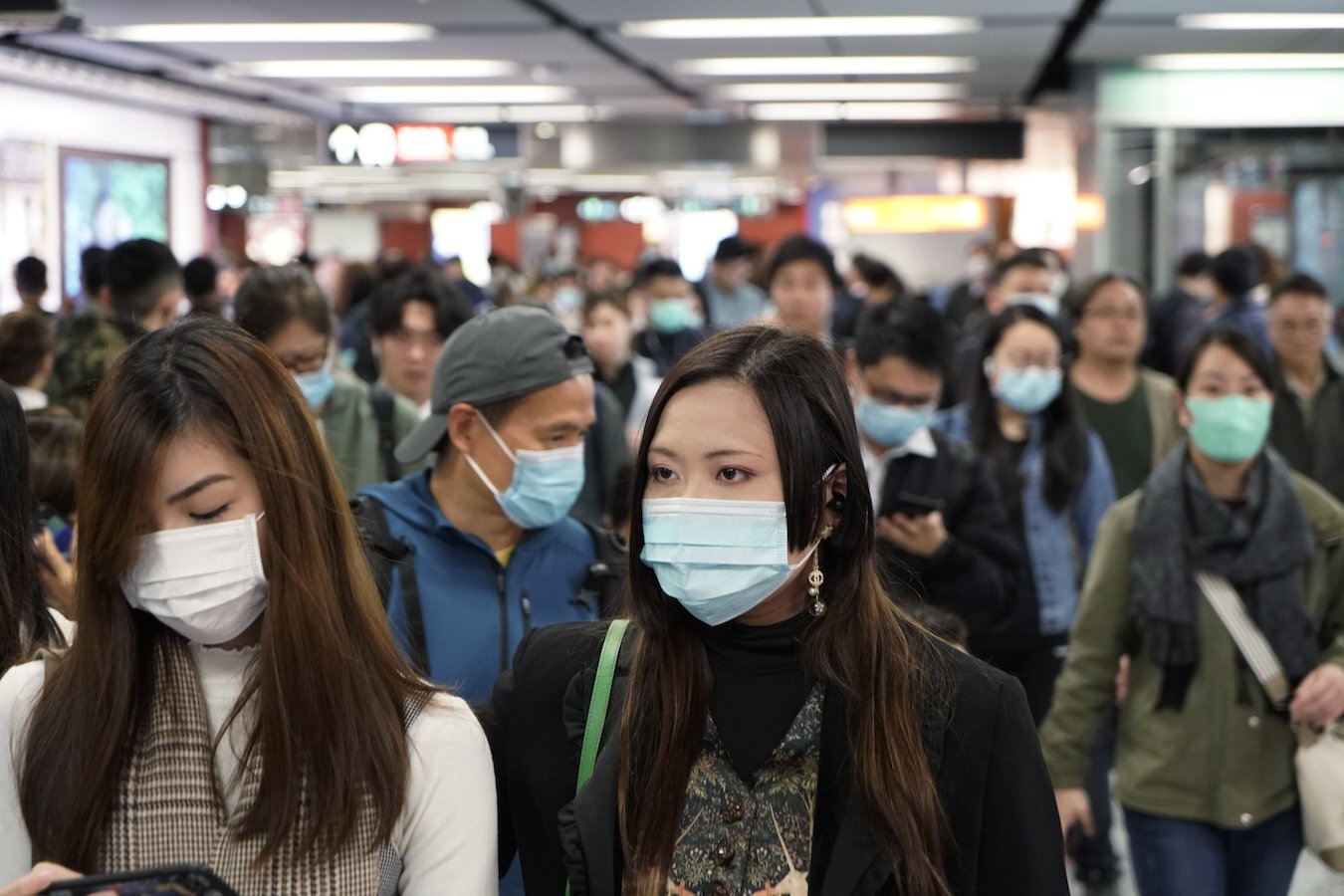Coronavirus Vaccines Are Out | How Do We Protect Ourselves With the COVID-19 Vaccination?

Coronavirus Vaccines Are Out | How Do We Protect Ourselves With the COVID-19 Vaccination?
Over 1.03 crore people have tested positive for coronavirus in India alone, consistent with the latest data. A list of State Helpline numbers is also out. There are two separate results: the one with a mild infection will be recommended to be in isolation, if they are infected by more percentage, individuals will be advised to be hospitalized. Vaccines help people develop immunity to a virus or other germ.

A vaccine brings into the body of a person a less dangerous component of the germ, or something produced to look or act like it. The body’s system develops antibodies that fight that specific germ and keep the person from getting sick from it. Later, if the person encounters that germ again, their immune system can “recognize” it and “remember” how to fight it off.
The virus that causes COVID-19 has spikes of protein on each viral particle which helps the viruses attach to cells and cause disease. Some of the coronavirus vaccines in development are designed to assist the body in “recognize” these spike proteins and fight the coronavirus that has them. By that their chances of getting COVID-19 if they encounter the coronavirus, a successful vaccine will safeguard a person who gets it. Widespread vaccination for the coronavirus means the virus won’t infect as many of us. This will limit spread through communities.
Pfizer and Moderna report that their vaccines show approximately 95% efficacy at preventing both mild and severe symptoms of COVID-19. As reported during the Pfizer trial, this level tends to be used across age groups, racial and ethnic groups, and both genders.

If I’ve already had COVID-19 or tested positive for the coronavirus, will the vaccine work?
The notes that folks who have already had COVID-19 or tested positive should enjoy getting the COVID-19 vaccination. There is not enough information currently available to mention if or for a way long people are shielded from getting COVID-19 after they need had it (natural immunity). Early evidence suggests innate immunity from COVID-19 might not last very long, but more studies are needed to raised understand this.
If I get a coronavirus vaccine, do I still have to wear a mask? Physical distance?
Yes. It may take time for everyone who wants a COVID-19 vaccination to get one. A vaccine that’s 95% effective means about 1 out of 20 people that catch on might not have protection from getting the illness.
Also, while the vaccine may prevent you from getting sick, it’s unknown at this point if you’ll still carry and transmit the virus to others. That is why, until more is known about how well the vaccine works, continuing with precautions like mask-wearing and physical distancing are going to be important.

Vaccination may raise immunity:
Getting vaccinated will help to increase immunity to COVID-19. In an ongoing clinical trial, Pfizer and BioNTech have studied their vaccine in people with and without a history of exposure to the virus. To date, their study has shown that the vaccine is 95 percent effective in avoiding COVID-19. Their results indicate that it may help avoid reinfection in individuals who have already been exposed to the virus, as well as reduce the risk of infection in individuals without a history of exposure.
“Data from the phase 2/3 trial for the Pfizer-BioNTech vaccine suggest that the vaccine is safe and certain effective in persons with previous evidence of SARS-CoV-2 infection,” said Dr. Miriam Smith, chief of communicable disease at Long Island Jewish Forest Hills in Queens, New York. “The vaccine should be offered to all or any persons regardless of history of prior symptomatic or asymptomatic infection,” she said. The Centers for Disease Control and Prevention (CDC)Trusted Source currently advises that folks with a known history of COVID-19 may wait up to just about 90 days after their prior infection to get vaccinated if they like to try to do so.

While more research is required, available evidence suggests that reinfection with this virus is rare within 90 days of initial infection. If someone currently has active symptoms of COVID-19, the CDC recommends they wait to urge vaccinated until they’ve recovered and met the criteria trusted Source for ending isolation. It is promising that available data indicate that most individuals recovering from COVID-19 develop an immune response that provides reinfection protection for at least some time, although the WHO (World Health Organization) is still discovering how good and how long this protection is.




